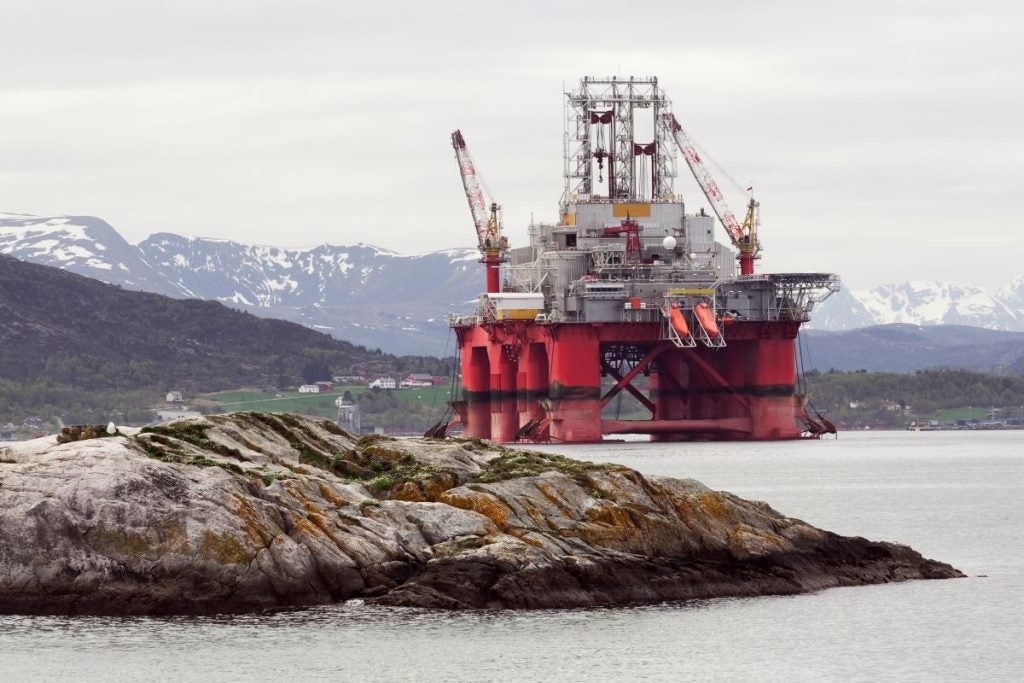The national security services from seven European countries provided a briefing to Norwegian energy executives and officials, including from Equinor, Europe's largest gas supplier, regarding Russia's perceived threat to critical infrastructure.
The closed-door meeting, attended by national security services from Belgium, Finland, Germany, Iceland, the Netherlands and Sweden focused on Norway's crucial role as Europe's primary energy supplier.
After the meeting, Sinan Selen, the vice-president of Germany's Federal Office for the Protection of the Constitution, told Reuters that they “see a developing story which addresses not only Germany or Norwegian colleagues, but all of us”.
He added that this is a threat " which comes from some counterparts like Russia, including not only espionage operations but also the risk of sabotage in some fields”.
Norwegian Prime Minister Jonas Gahr Store has also pledged to exhaust all efforts to safeguard the country's energy infrastructure amidst heightened geopolitical tensions.
Following Russia's invasion of Ukraine in February 2022, Norway has swiftly shifted its attention to ensuring the uninterrupted supply of gas to Europe and the UK.
The amount of pipeline gas imports from Russia has significantly decreased, whereas the volume of liquefied natural gas imports from allies such as the US and Norway is rising. Norway contributed nearly 30% of total gas imports in 2023.
Norwegian gas and oil fields are already connected to the EU via stable and existing infrastructure.
As of the first quarter of 2023, the EU's reliance on Russian gas has decreased to 10%, and no Russian pipeline gas reached the Czech Republic. All imported gas flows from Belgium, the Netherlands and Norway through Germany.
Security threats
Lars Christian Aamodt, head of Norway’s National Security Authority (NSA), said in February that he is “concerned about dependency, and there is no doubt that Europe has become more dependent on Norwegian gas".
"As soon as the dependency increases, so will the threat and the risk," he added.
He also mentioned that physical sabotage cyberattacks could easily target the nation's oil and gas facilities and highlighted Russia's continuous monitoring of its energy infrastructure.
A paper published in 2023 by the Institute of International Relations Prague highlighted the importance of the energy system's susceptibility to different security threats and its role in creating or exacerbating insecurity.
The Institute said the approach to security threats is “fundamental” in light of Russia's attacks on parts of energy infrastructure in Ukraine and the potential threat of deliberate damage to other vital energy infrastructure components in Europe, such as the attack on Nord Stream.
Norway began heightened security protocols around its oil and gas infrastructure last October after suspected sabotage on a gas pipeline connecting Finland and Estonia in the Baltic Sea.
Reuters reported that authorities identified the Chinese container vessel New Polar Bear as the primary suspect. They believe the vessel's anchor may have damaged the seafloor by dragging along. At the same time, two additional cables connecting Sweden and Estonia and another of Russian origin were also reported to have suffered damage.
However, in February this year, Swedish authorities closed their investigation into the 2022 explosions that severely damaged Russia’s Nord Stream pipelines.
The event remains unsolved, with Russia, Ukraine and the West swapping accusations and pointing fingers.
However, earlier in August, Germany issued an arrest warrant for a Ukrainian man, said to be a diving instructor, on suspicion of being involved in the explosion.









